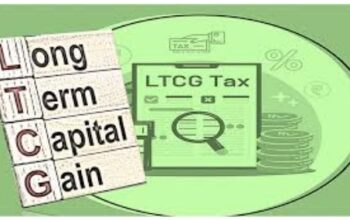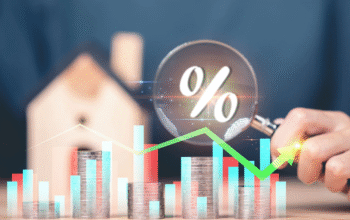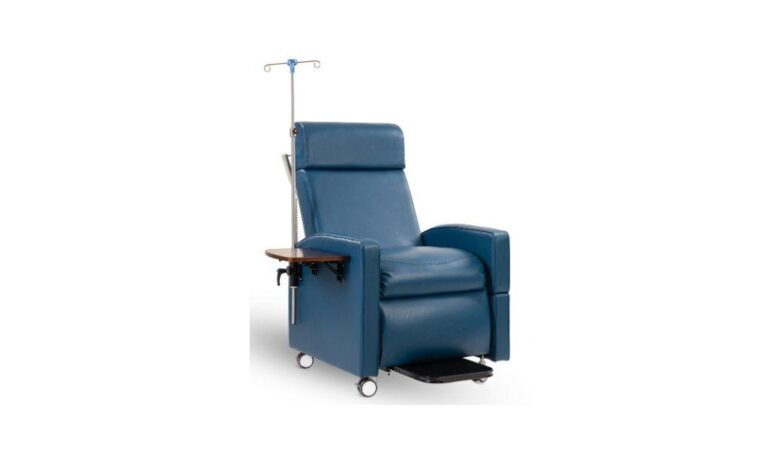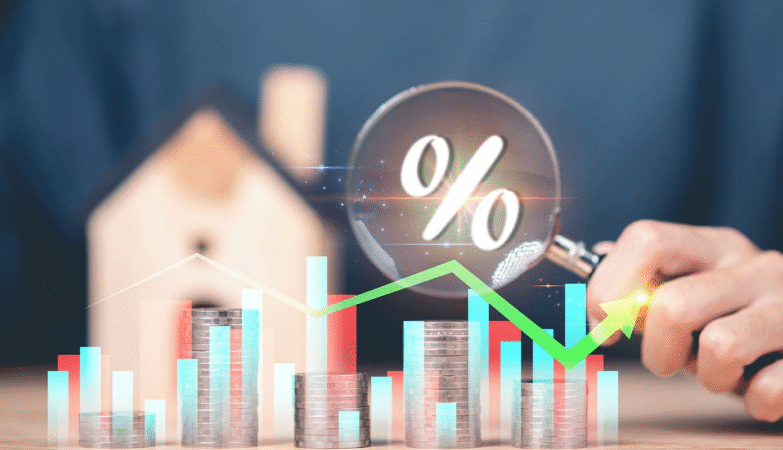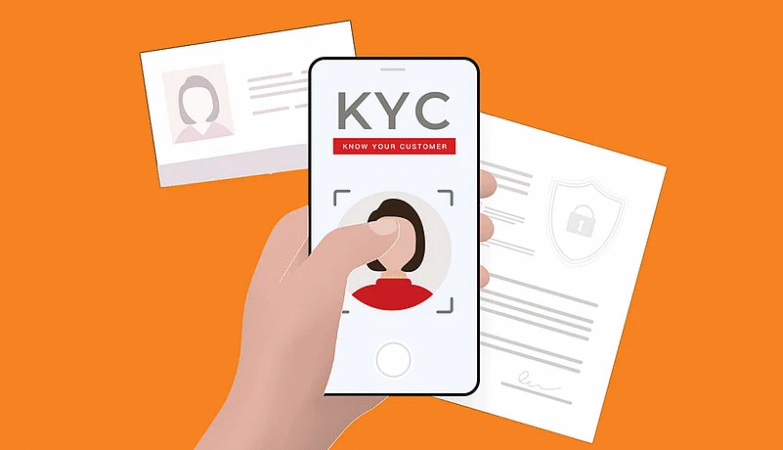The Indian financial market is a vibrant market which presents various avenues for investors to increase their wealth and diversify their portfolio. Equity markets (such as stock exchanges) are the main subject of critical attention, but commodity trading is also playing a large role in the investment culture of India. This system is centred around the mcx market which enables traders to sell and purchase commodities, including metals, energy, and agricultural produce as well. The larger commodity trade in India has enabled a more formalised plan for investors, businesses and producers to deal with risks and to discover new opportunities. As the interest in trading in the global markets rises, traders also keep an eye on the world standard, e.g. the Comex silver futures, which links the commodity ecosystem in India with global trends.
- Knowing the MCX Market.
The Multi-Commodity Exchange or MCX market is the leading trading platform for commodity derivatives in India. It was formed to provide the participants with an efficient, transparent, and well-structured system in which the commodities can be traded in a standardized manner. The MCX market enables investors to concentrate on futures contracts rather than on physical goods trading, and therefore, it is accessible to large institutions and individual traders.
This system guarantees that traders will not be restricted to equities only. They have the capability of diversifying into gold, silver, crude oil, natural gas, aluminium, copper, as well as agricultural products. The MCX market offers both price discovery and risk management facilities, and this will appeal to businesses with interests in hedging price fluctuations and also to investors with interests in speculative opportunities.
- Indian Role of Commodity Exchange.
The financial architecture of India is significantly supported by the commodity trade in the country. The exchange provides an organised trade in primary goods, which bridges producers, wholesalers, consumers, and investors together in a single ecosystem. Not only is it a channel of speculation but also a risk management instrument, whereby participants are able to hedge against the unexpected fluctuations in supply and demand.
An example is that a farmer is able to hedge the price of agricultural produce before the harvest period, meaning that the farmer will not be affected by market complexities. Equally, industrial firms that require such metals as copper or aluminium are hedging via the MCX market to cushion themselves against inflation of prices. This orderly process averts substantial shocks, which are beneficial to businesses and the economy in general.
- Connecting the Domestic and International Markets.
The commodity ecosystem in India is not in isolation, but rather it is closely tied to the global markets. This is the reason why traders herein also track the global standards. The price discovery of precious metals heavily depends on Comex, which is a world-renowned metals trading platform. In India, several traders monitor Comex silver futures as such contracts indicate the global pattern on silver pricing, which ultimately will affect the local value.
To illustrate, when the global industrial demand increases and Comex silver futures appreciate, the impact can be seen in the Indian silver futures traded on the MCX market. This relation enables the Indian merchants to remain in touch with global changes, and the exchange of commodities in India is a subset of the greater world trading network.
- How the MCX Market Works
The main trading in the MCX market is in futures contracts. They are contracts to either sell or purchase a given commodity in the future, but at a price set at present. This arrangement enables the participants to trade without having the bodily products. Rather, contracts are resolved according to the price movements.
When investors are involved, they speculate with the help of futures on the price direction. As an example, a trader who is bullish on silver can buy contracts at the current price, hoping that the price will rise in the next few months. On one side, hedgers take the MCX market in order to warn themselves. A business that needs a regular supply of raw materials is able to hedge prices, which establishes certainty on its expenses.
- Range of Commodities Traded
The indian commodity exchange provides a great portfolio of trade goods. Here we have precious metals, energy products, base metals and agricultural goods. Gold and silver are the other popular metals, particularly because these are regarded as safe havens and essential investment resources. Energy products such as crude oil and natural gas are also important, as Indians consume a lot of these products.
Zinc, copper, nickel and aluminium are other significant base metals. The metals play a significant role in the development of infrastructure, electronic and industrial development. Farm products such as cotton, cardamom, castor seed and spices contribute significantly towards providing farmers with the opportunity to enter organised market structures and clear prices. These categories collectively contribute to the MCX market being an important constituent of the larger Indian economy.
- Benefits for Investors
Commodity trading offers investors several advantages that enhance their stock market strategies. The investors who invest in the MCX market not only obtain exposure to important industries but also concentrate portfolios against risks. Frequently, commodities operate on their own; in other words, they provide a counterbalance to equity-focused investment.
People who want diversity are also interested in metals such as silver. Monitoring Comex silver futures is useful in interpreting global indicators, which may subsequently be translated into strategies in a home-based silver contract. This is a fact that can be utilised in the local markets using global knowledge that brings an extra dimension to commodity trading.
Conclusion
The MCX market and the bigger commodity exchange in India are critical in determining investment and business strategies. It offers an orderly, open and effective means through which to exchange the necessary commodities without actually touching or moving them. It provides the opportunity of speculation and risk management by providing futures contracts on metals, energy and agricultural products.
The global interconnections with benchmarks such as comex silver futures provide the Indian traders with an edge to match the local strategy with international ones. The role of commodities in the Indian financial environment will increasingly gain significance as the industries and the markets continue to expand. To both investors and businesses, the MCX market is at the core of prospects that can sustain stability, diversification, and long-term success.



